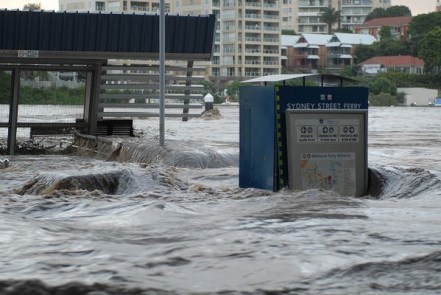

“By failing to prepare, you are preparing to fail.”
The inspiring words of Benjamin Franklin appear to ring true for the insurance industry with some of its major players making sure they are ahead of the game in the event that some of the worst possible events occur.
During a two-week exercise undertaken last year, 17 insurers and brokers, including household names such as Lloyd’s, Aon, Hiscox and RSA, joined forces to examine how the industry would prepare if a series of catastrophic events all occurred within a fortnight. The potential events examined included a stock market plunge of 16%; a cyber attack which would cut the power supply of 93 million people across the USA; and a category five hurricane hitting 1.8 million buildings across Miami. The idea was to see just how ready the insurance industry is for what would amount to its biggest loss in history – namely $200 billion.
Speaking to the Financial Times about the exercise, Hiscox chairman Robert Childs noted that “if you rely on a piece of equipment, it is a good idea to test it out when the waters are claim.” He noted that the last time the industry faced such a catastrophe was during the 9/11 attacks of 2001, but that many of the same leaders are no longer in place and so the sector lacks the same experience.
Want the latest insurance industry news first? Sign up for our completely free newsletter service now.
So what did the exercise uncover?
The conclusions of the report were that industry believes it is in a financially sound position to deal with such events and that insurers are confident they have suitable liquidity and capital in place. However, the “war game”, as it was dubbed, also found that insurers were no longer sure that after a large claim significant price increases would be implemented with even a big loss unlikely to turn around the falling profits across the reinsurance industry.
While results for individual insurers were not released, there were concerns that the industry in London, in which the test was focused, may struggle to capitalise on the opportunities that can occur from such events. A Financial Times report noted that following the series of hurricanes of 2005 – Rita, Wilma and Katrina – just $2 billion in new capital went to the market in London, falling well short of the $18 billion that went to Bermuda’s industry.
As Childs highlighted, there is a risk that the industry could be left “with the losses and no upside” and that a slow response could impact its competitive position.
Related stories:
Global insured disaster losses hit four-year high
XL Group expects over $332 million in catastrophe losses
